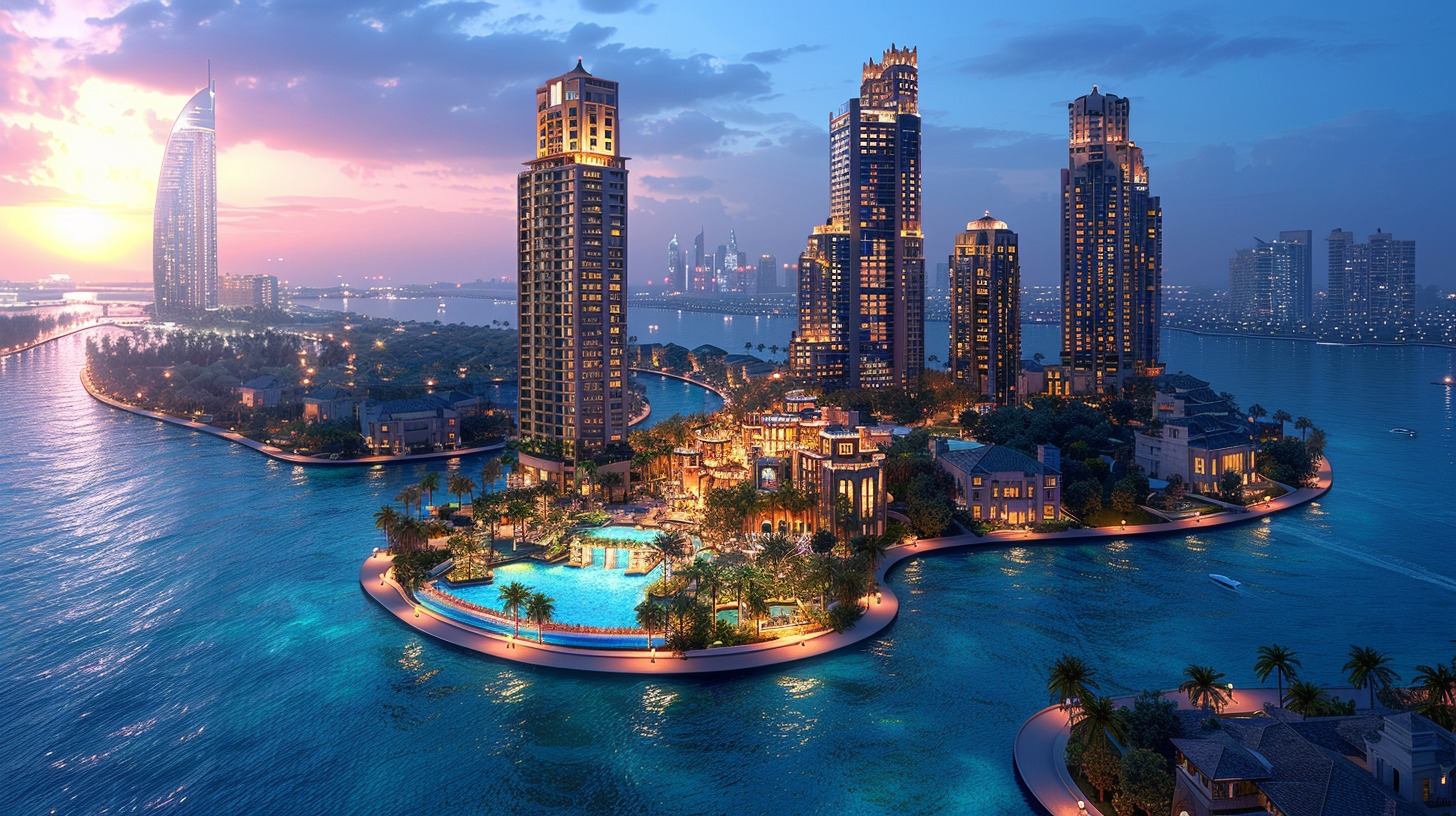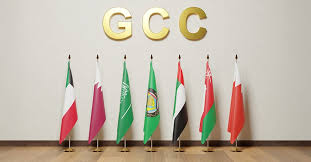
Cross-Border Tax: The UAE’s real estate market in 2025 remains a magnet for Gulf Cooperation Council (GCC) investors, with AED 893 billion ($243 billion) in 2024 transactions and 7-11% rental yields. As GCC nationals—citizens of Saudi Arabia, Kuwait, Qatar, Bahrain, Oman, and the UAE—enjoy visa-free access and freehold ownership, cross-border investments in areas like Dubai Marina, Saadiyat Island, and Al Marjan Island are surging.
However, the UAE’s 9% corporate tax (effective June 2023 under Federal Decree-Law No. 47 of 2022) and the 15% Domestic Minimum Top-up Tax (DMTT) for multinationals with revenues over €750 million (AED 3 billion) starting January 2025, alongside tax obligations in investors’ home countries, require careful planning. Below are six cross-border tax considerations for GCC investors, ensuring compliance while maximizing returns in a tax-free personal income environment.

GCC investors operating through UAE-based companies face a 9% corporate tax on net profits above AED 375,000 ($102,000) from real estate activities, such as rental income or property sales. For example, a Saudi-owned LLC managing AED 2 million ($545,000) in Dubai Marina rentals, with AED 500,000 in deductible expenses (e.g., maintenance), pays AED 135,000 in tax on AED 1.5 million profit. Individual GCC investors owning up to four properties are exempt from corporate tax on rental income, preserving 7-9% yields, but must avoid business licensing to qualify.

GCC investors can establish companies as Qualifying Free Zone Persons (QFZPs) in zones like Dubai Multi Commodities Centre (DMCC) or Ras Al Khaimah Economic Zone (RAKEZ) to enjoy a 0% corporate tax rate on qualifying income, such as rentals from Al Marjan Island properties. A Qatari firm earning AED 3 million ($816,000) in free zone rental income avoids AED 270,000 in tax, maintaining 8-10% yields. Compliance with Decision 265 (local substance, e.g., staff) and transfer pricing for mainland transactions is critical to avoid tax leakage.
While the UAE has no personal income tax, GCC investors must consider home country tax laws. Saudi Arabia and Qatar impose no personal income tax, but Kuwait and Oman may tax foreign-sourced income for companies. A Kuwaiti corporation earning AED 5 million ($1.36 million) from UAE properties may face Kuwait’s 15% corporate tax unless offset by the UAE-Kuwait double taxation agreement (DTA). DTAs with GCC countries allow tax credits, reducing double taxation, but require accurate reporting to home authorities.
Muslim GCC investors, such as those from Saudi Arabia, are subject to Zakat (2.5% on wealth above Nisab, ~AED 25,000/$6,800) on UAE properties held for trade or rental income after one lunar year. A Bahraini company with AED 4 million ($1.09 million) in Zakatable rental income from Ajman Corniche owes AED 100,000 in Zakat, impacting cash flow. Non-trading properties (e.g., long-term investments in Saadiyat Island) are exempt, encouraging strategic intent planning to minimize Zakat while preserving 7-9% yields.
The UAE’s 5% VAT applies to commercial property sales and rentals, impacting GCC investors with mixed-use portfolios in Dubai South or Al Reem Island. For example, leasing a commercial unit in Yas Island for AED 1 million incurs AED 50,000 in VAT, which can be reclaimed if the investor is VAT-registered. Residential rentals and sales (post-first sale) are VAT-exempt, supporting affordability in areas like JVC. Proper VAT compliance ensures cost recovery, enhancing 6-8% net returns.
GCC investors with UAE entities must adhere to OECD transfer pricing rules for transactions between related parties (e.g., a UAE subsidiary and a Saudi parent company). For instance, a Qatari holding company selling AED 10 million ($2.72 million) in Aljada properties to its UAE subsidiary must use arm’s-length pricing to avoid tax adjustments. Non-compliance risks FTA penalties up to AED 10,000, but proper documentation preserves 10-15% appreciation potential and ensures tax efficiency.
The UAE’s 7-11% yields outpace global markets like London (2.4%), while freehold ownership and visa programs (2-year Investor Visa for AED 750,000, Golden Visa for AED 2 million) drive demand. GCC investors benefit from seamless market access, proximity to Dubai International Airport (20-45 minutes), and DTAs with home countries. In 2025, 45% of Dubai’s buyers were foreign, with GCC nationals leading due to cultural and economic ties. Strategic tax planning maximizes returns while ensuring compliance.
The UAE projects 5-8% price growth in 2025, with freehold zones like Al Marjan Island and Saadiyat Island at 10-15%. The DMTT’s 15% rate for MNEs and stricter AML compliance increase costs, while a potential 10-15% correction in 2026 due to oversupply (41,000 Dubai units) poses risks. RERA-registered agents and FTA-accredited consultants ensure compliance with nine-month filing deadlines and optimize cross-border tax strategies.
Corporate tax, free zone exemptions, home country obligations, Zakat, VAT, and transfer pricing are six critical cross-border tax considerations for GCC investors in UAE real estate. These strategies preserve 7-11% ROI, align with GCC investor goals, and leverage the UAE’s tax-free personal income environment. With expert guidance, investors from Saudi Arabia, Qatar, and beyond can navigate 2025’s tax landscape, securing long-term wealth in Dubai, Abu Dhabi, and Ras Al Khaimah. cross borders
read more: Foreign Investors: 7 UAE Tax Tips Before Buying Freehold Property
